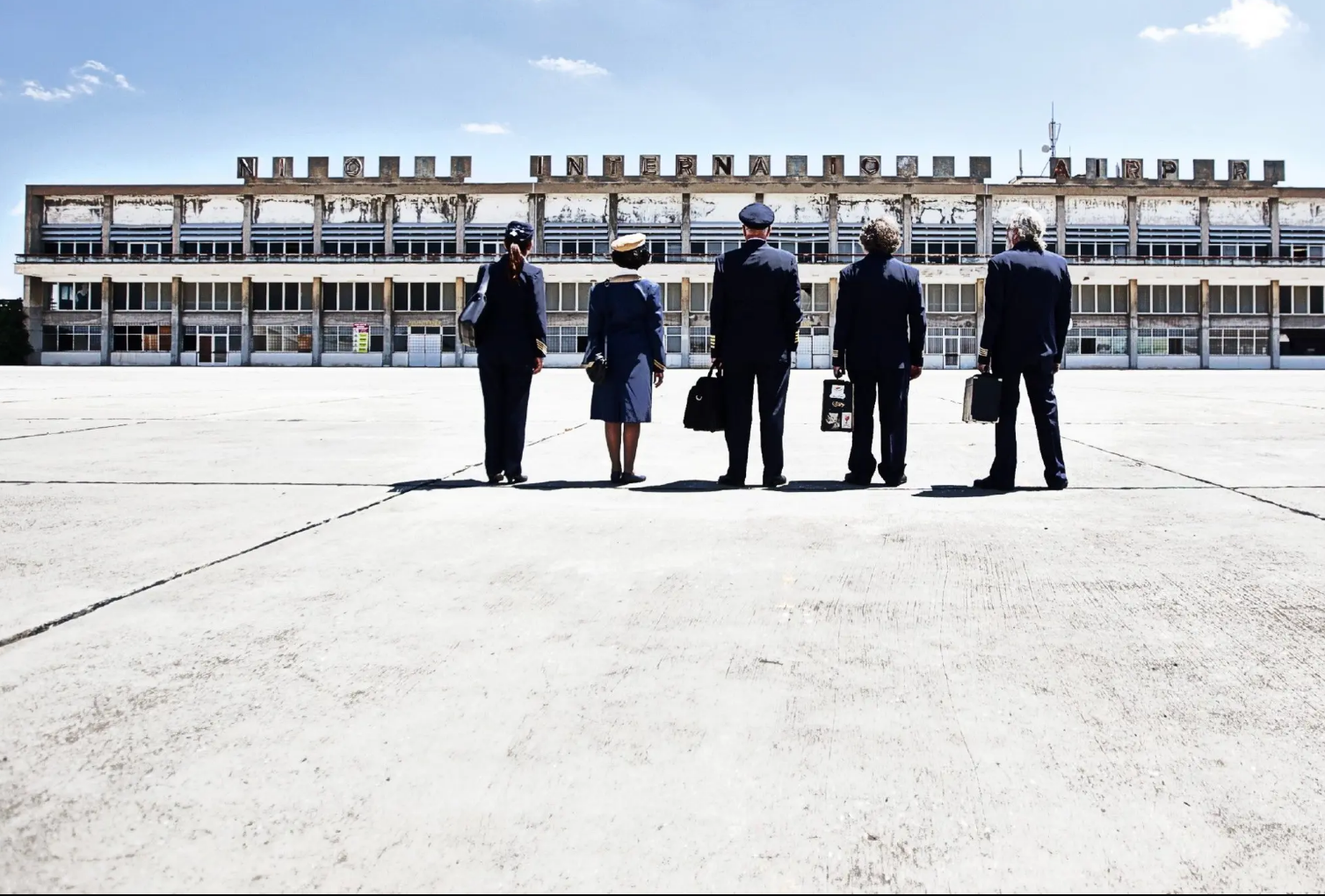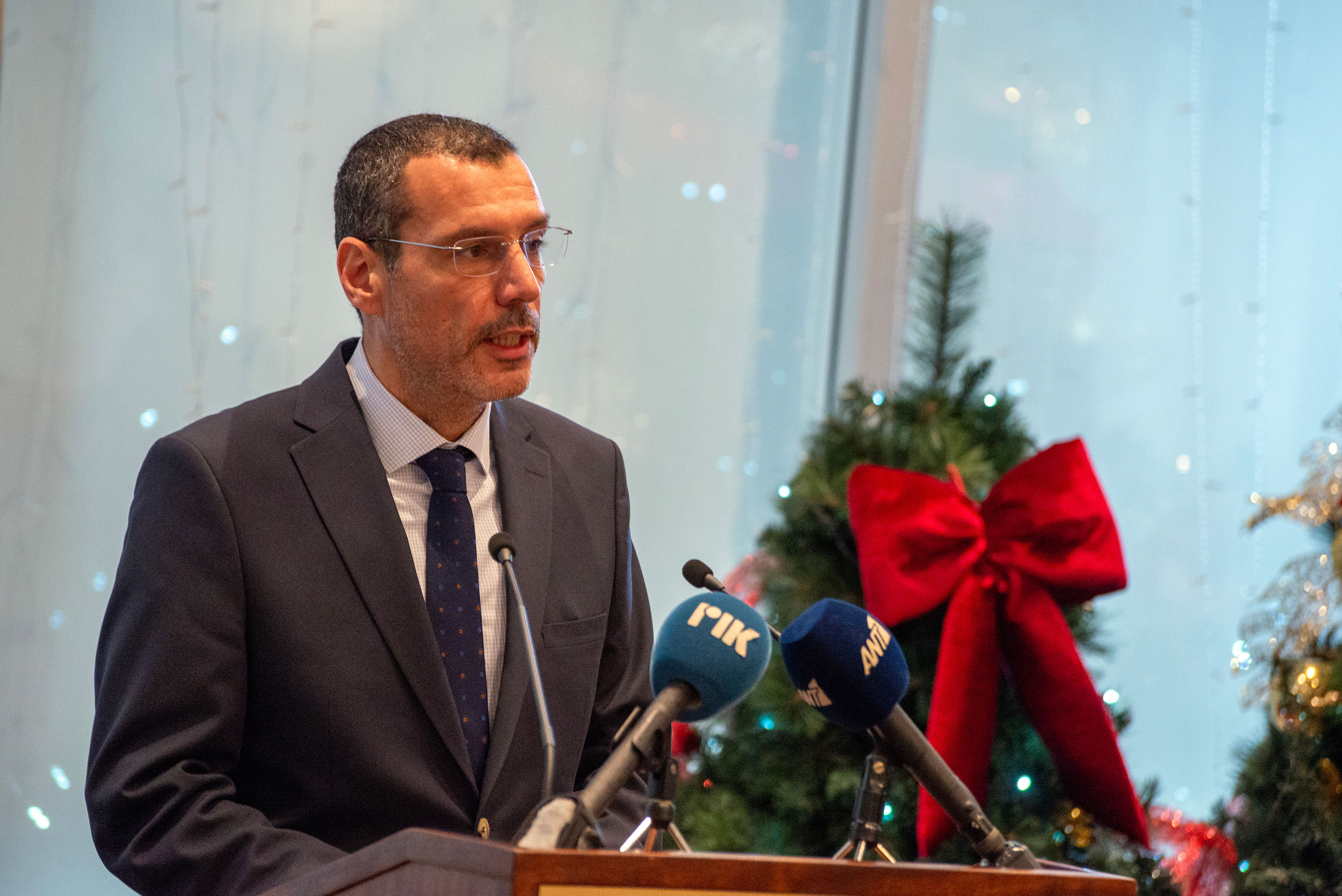As Cyprus opens its doors to more foreign universities, local institutions brace for increased competition.
But is this a threat to their dominance or an opportunity to elevate academic standards? With the introduction of strict quality assurance measures and oversight by the Cyprus agency of quality assurance and accreditation in higher education (Dipae), foreign university branches will need to meet rigorous academic, financial and operational criteria. The question remains, will these regulations attract top institutions or drive them away from Cyprus?
The newly passed legislation establishes a clear framework for foreign universities seeking to operate in Cyprus. It introduces strict criteria to ensure quality education, with oversight by the Cyprus agency of quality assurance and accreditation in higher education (Dipae). Foreign institutions must meet the same standards as local universities, including accreditation and financial sustainability requirements. While no applications have been submitted yet, the law aims to attract reputable institutions while safeguarding the credibility of the country’s higher education sector.
A long-standing legal gap finally addressed
The higher education sector in Cyprus is undergoing a significant transformation following the approval of a new law regulating the establishment and operation of foreign university branches. The legislation provides a structured framework for international institutions looking to establish campuses in the Republic, ensuring compliance with national and international academic standards.
President of the Directorate of Higher Education at the Ministry of Education Terpsa Konstantinidou, explained to the Sunday Mail that the primary aim of the new law is to introduce clear guidelines for foreign university branches, closing a legal loophole that had existed since 2015.
“The fundamental objective of this legislation, which has now been passed by the House of Representatives and published in the official gazette, is to regulate the establishment and operation of foreign university branches in Cyprus,” Konstantinidou said.
“Previously, while the law allowed for their presence, it did not specify the necessary procedures, requirements, or oversight mechanisms. This created a legal gap, which the new amendment now comprehensively addresses.”
A key element of the new law is ensuring that foreign universities meet the same academic standards as local institutions. Dipae, the independent authority responsible for quality assurance in higher education, will play a crucial role in evaluating applications and maintaining oversight.
President of Dipae professor Mary Ioannidou-Koutselini, reaffirmed the agency’s commitment to upholding rigorous academic standards.
“The responsibility of Dipae is to ensure that all higher education institutions in Cyprus, including foreign university branches, adhere to the highest academic and operational standards,” she stated.
“Every application will undergo thorough evaluation, just as local private universities do. This includes academic programme accreditation, faculty qualifications, infrastructure assessment, and compliance with legal requirements.”
Dipae follows European standards and guidelines for higher education (ESG) and is accredited by European organisations such as ENQA and EQAR, as well as the international WFME for medical schools.
“These criteria guarantee that foreign university branches align with European directives and uphold quality education,” Koutselini added.
Strict application process and no applicants yet
While the law is now fully in force, no foreign universities have yet applied to establish branches in Cyprus. Konstantinidou confirmed that interested institutions must submit a formal application, which will be evaluated based on academic, financial, and operational criteria.
“The process remains open, and we expect institutions to carefully evaluate the opportunities before proceeding,” she said.
“The approval process will follow the same principles as those governing private universities in Cyprus, ensuring consistency in regulatory oversight and academic quality standards.”
The evaluation period for each application is expected to take up to 16 months, during which Dipae will conduct a thorough review, including an on-site inspection by an external evaluation committee.
The Sunday Mail reached out to the House education committee for clarification regarding the old education regulations. The inquiry raised concerns about the legal framework governing foreign university operations before 2015. The committee responded, highlighting that no specific regulations existed prior to 2015, leaving the sector largely unregulated during that time.
Committee member for Akel Stylianos Ioannou commented: “The legal framework governing foreign universities has been a subject of significant discussion over six committee sessions. The new regulations aim to comprehensively address the gaps that have existed for years, ensuring proper oversight and governance moving forward.”
It was stressed that robust oversight is important to ensure quality and sustainability, particularly with the planned expansion of foreign university branches.
Another crucial aspect of the legislation is the financial sustainability of foreign university branches. According to Konstantinidou, these institutions must operate as private legal entities, securing their own funding without reliance on state resources.
“Under the provisions of the amended law, any foreign university branch operating in Cyprus will be legally registered as a private entity, either as a for-profit or non-profit institution,” she explained.
“Their sustainability will be safeguarded through the provisions of the new legislation, which align with existing regulations governing private universities in Cyprus.”
Koutselini added that financial stability would be assessed as part of the accreditation process.
“As part of our institutional evaluation, external experts will review the financial sustainability of each university branch, ensuring long-term viability and protecting student interests.”
Impact on local universities
The introduction of foreign universities raises questions about the impact on local institutions. However, Konstantinidou dismissed concerns that existing universities would suffer significant losses in student enrolment.
“Cyprus’ public and private universities have already established themselves in the higher education sector, with some having a long-standing presence and others being relatively newer,” she said.
“These institutions have developed their reputation, academic offerings, and international partnerships to attract students.”
She emphasised that competition should be seen as a catalyst for improvement rather than a threat.
“The arrival of foreign universities should not be viewed differently from the establishment of a new private university in Cyprus. Every institution – whether public, private, or a foreign branch – must strengthen its academic quality, offer innovative and market-relevant programmes, and ensure competitiveness in attracting students.”
As Cyprus positions itself as a regional education hub, the success of this initiative will depend on the willingness of foreign universities to enter the market and their ability to meet the strict regulatory framework.
“We welcome quality institutions that contribute to the academic landscape of Cyprus,” Koutselini said.
“However, our priority is to uphold the quality and credibility of higher education in the country.”
For now, all eyes are on the first applications, which will mark the beginning of this new era. The ultimate test will be whether these institutions enhance the academic ecosystem or simply introduce more competition without significant benefits. Either way, Cyprus’ higher education landscape is set for a transformation, one that will define its place in the global academic arena for years to come.







Click here to change your cookie preferences